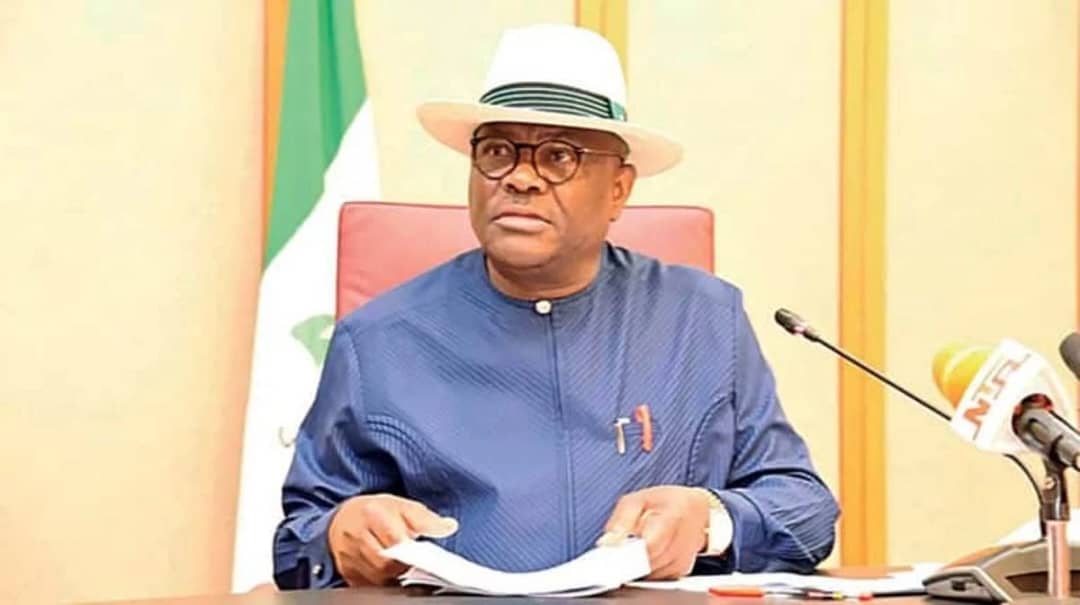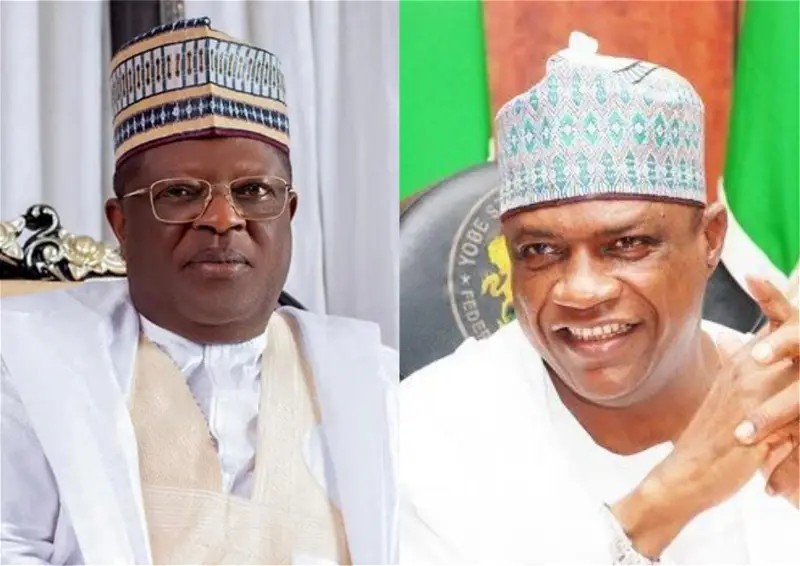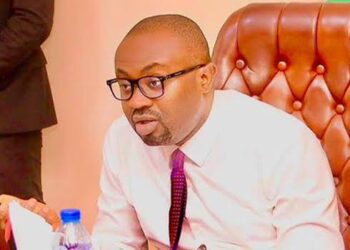Nigeria Sovereign Investment Authority (NSIA) has commenced the establishment of 23 modern medical diagnostic centres, three additional oncology centres and seven catheterisation laboratories across the country.
Managing Director of NSIA, Mr Aminu Umar-Sadiq, made this known during an oversight function conducted by the House of Representatives Committee on Finance in Abuja on Wednesday.
“We have successfully operationalised three demonstration projects: NSIA-LUTH Cancer Centre (NLCC), NSIA-Umuahia Diagnostic Centre (NUDC) and NSIA–Kano Diagnostic Centre (NKDC).
“NSIA has commenced the healthcare expansion programme, which aims to establish 23 modern medical diagnostic centres, three additional oncology centres and seven catheterisation laboratories across the six geo-political zones of Nigeria.
“The first phase of the programme is currently underway with the construction of 10 centres,” he said.
Umar-Sadiq said that no fewer than 236,000 farmers had benefited from the organisation’s agriculture investments.
He said that NSIA had catalysed consequential projects with far-reaching implications across critical sectors, including technology.
READ ALSO:
MDCAN Begins 7-Day Warning Indefinite Strike Over Pending Demand
According to him, 245,000 direct jobs have been created by the agency across sectors since its inception 12 years ago.
The managing director said that the agency had also served as project managers for the development of a 10MW solar project in Kano State.
Umar-Sadiq explained that the project created over 500 direct and indirect jobs, while it also delivered three motorway projects with a total length of 515.4km.
He also said that the authority implemented the NSIA Prize for Innovation Programme (NPI) to enjance the development of a technology eco-system and reposition Nigerian tech talents for global relevance.
The managing director said that the NSIA, in collaboration with Guarantco, established Infrastructure Credit Guarantee Company in 2016.
According to him, this is to enhance the credit quality of debt instruments issued to finance credit-worthy infrastructure assets in Nigeria.
He said that the infra-credit had so far achieved financial closure of 21 infrastructure projects and guaranteed a total debt size of 218bn.
“Also, through its stake in Family Homes Fund, NSIA has significantly improved the quality of life of Nigerians from low-income families through the development of 500,000 affordable homes to low-income families in the country.
“Additionally, NSIA continues to demonstrate its commitment to positive socio-economic outcomes through key platforms like the Nigerian Mortgage Refinance Company (NMRC), through which it improves the liquidity of the mortgage market to further promote affordable housing in Nigeria.
“To revalidate its commitment to climate adaptive solutions, NSIA set up an innovative USD500m Renewable Investment Platform for Limitless Energy (RIPLE) to expand energy access, enhance energy efficiency and ensure energy security in Nigeria.
“RIPLE’s pilot initiative involves setting up a generation and distribution system to meet 70MW of unsuppressed energy demands in an area covering 9,000 connections.
“Through these interventions across key sectors, NSIA’s continues to enhance prevailing socio-economic reality and create value for the current and future generations of Nigerians,” he said.
In his remarks, Deputy Chairman of the House Committee on Finance, Rep. Saidu Abdullahi (APC-Niger), said that the visit was the first by his committee to the agency.
According to the lawmaker, year-in, year-out, they have always had huge deficits, thus making financing of major projects in the country difficult.
Abdullahi, who said that Nigeria had greater potential than what was going on in the country, expressed the hope that the gap would be closed as Nigeria cannot continue on the same way.
Abdullahi said NSIA was established to increase investments in the agricultural sector and grow the sugar cane value chain, which was currently generating over 40 billion dollars annually for Brazil.
He decried the outcome of privatised sugar factories, saying that they had not yielded the expected dividend.
The deputy chairman stressed the need for the Federal Government to take back the sugar factories that were privatised.
He disclosed that Niger Government was planning a 250-hectare farmland for sugar which would generate about one billion dollars for the state.
(NAN)























 You can install this WP plugin on your website from the WordPress official website:
You can install this WP plugin on your website from the WordPress official website: 